Home Learning Resources for Parents
New resource: A Parents’ Guide to Black Lives Matter
As parents, if we haven’t already, it is also our responsibility to engage in positive and open discussions about race and racism with our children at home. You’ll find plenty of ideas as to how do this here, whatever the age of your child.
Dear Parents,
We’ve created here a page of educational resources for you to explore with your children. They’re organised into the different subject areas. Hopefully they’ll help to keep your children’s minds busy, stimulated and entertained if you feel you need them alongside their distance learning.
We know there’s a plethora of resources out there. Choosing which to use can be tricky (and overwhelming). We’ve provided some guidance to help you decide what will work best for your child.
Most resources are free. The learning community has shown generosity in opening up their platforms to parents in this time of school closure. One or two are available on a trial basis.
Cross-curriculum
BBC Bitesize: Beginning Monday 20 April, BBC Bitesize is offering short daily online lessons for primary and secondary, including daily English and Maths lessons for all year groups. It will also have a new dedicated TV channel with learning content, podcasts on BBC Sounds and educational video on iPlayer. You can search by your child’s key stage and subject (including Maths, English, Spellings, French, Geography and more) and find lots of useful videos and quizzes that will build on or help them revise their existing knowledge. Good for dipping into for short bursts.
Study Ladder: This is an easy-to-use website offering a wide range of lessons for children aged 4-12. It is a cross-curricular interactive resource for all year groups, covering these subjects: Maths, English, Science, French, ICT, Health and Safety and Arts and Music. It’s now free to create a parent account. You can set your child tasks to do according to their year group and leave them to work through them.
Top Marks: This is great site to dip into with its free games and it also has links to other useful sites in many different subject areas, from Maths, to English, to Biology and more. It’s easily searchable by subject and age group.
ICT Games: Need an instant educational game to fill a fraught moment? This site can be a life saver because you’ll find one quickly here. These are free educational games in English and Maths aimed at children between 5 and 8 years old. They are made by a UK teacher with 20 years of experience in education so all the games are linked to the KS1 and 2 curricula.
Maths
Times Tables: This site has everything you might need for practising all your times tables! It starts with demonstrations, simple exercises and then fun games.
Maths Factor: This site by Carol Vorderman serves 4 to 12 year olds and their parents. It's matched to the national curriculum and works through daily video sessions led by Carol, combined with games, rewards and printable work sheets.
White Rose Maths: Well organised maths site, with videos and tasks. White Rose Maths Team has prepared a series of five maths lessons for each year group from Year 1-8 and will be adding five more each week. Every lesson comes with a short video showing you clearly and simply how to help your child to complete the activity successfully.
Sum Dog: A great site for kids to practice what they are learning in maths. The games are all different and interesting and the children earn points or coins that they can ‘spend’ on the site to create different characters and decorate their ‘room’. Warning, the games are quite noisy!
Khan Academy: Especially good for maths and computing for all ages (2 - 18 years) but other subjects at secondary level. Note this uses the US grade system but it’s mostly common material. Includes daily schedules you can use.
My Maths: This site is not free but requires a school subscription (Sompting Abbotts has one - so check with your teacher if you don’t already have your child’s login). MyMaths provides hundreds of lessons paired with self-marking homework tasks for practice and to assess understanding of the lesson content. Lessons and homework tasks are matched to all UK curricula.
English, Literacy, Stories and Phonics
Mr Douch Reads Stories: Our own Headmaster Mr Douch has obviously been missing his own reading sessions with the children! So if your children have been missing their weekly read with the Head, here you’ll find a series of over 30 short stories and chapter books which Mr Douch has recorded, with sound effects and a short introduction to each. He is adding more most days. “I've been taking requests; so if you have any, let me know,” he says.
Audible for Children: All of Audible’s children’s stories are now free to listen to. There’s a fabulous selection of books to stream, divided into Littlest Listeners, Elementary (Primary), Tween (older primary) and Teens. Good for bedtime or for a quiet moment in the day.
David Walliams Elevenses: A new David Walliams story is being read every day and you can catch up on the previous ones for seven days.
Wizarding World: JK Rowling has announced the launch of a brand new resource for fans called Harry Potter at Home. Aimed at first-time readers but fun for all, the site is filled with activities like crosswords, puzzles, word searches, videos and guides. You can test your knowledge on a range of 'first year' quizzes, watch a craft video on how to draw a niffler,
Sir Linkalot: We love Sir Linkalot at Sompting Abbotts! He has visited our children several times. Sir Linkalot has now made access free to his spelling website (there’s an app too) and it’s aimed at KS2 and KS3 (good for advanced KS1 too). A fun and interactive way through short videos for the children to learn and practise their spellings. It covers the majority of the Year 5/6 word list too.
Read Write Inc: For parents of children aged 4 - 8, the founder of the phonics programme Read Write Inc (we use this at school) is streaming three, short Speed Sounds lessons for children to watch at home every weekday between 9.30am and 10.30am on their YouTube channel.
Phonics Play: More phonics fun practice on this site which is free for the duration of the schools’ closures.
Oxford Owls Ebooks: Not many houses will be as well stocked as a school library, but this free eBooks collection from Oxford Owl can help balance things out. There are over 100 books here, developed for children aged 3–11 years old. Best of all, they are all tablet friendly, and all developed to help children learn to read.
Reading Eggs: This website makes learning to read interesting and engaging for kids, with great online reading games, books and activities. Children love the games, songs, golden eggs and other rewards which, along with feeling proud of their reading, motivate children to keep exploring and learning. It’s suitable for ages 2 - 13 but we think it’s best for younger children.
Vooks: Do you have an unconfident reader? This app will help. It’s a streaming library of children-safe animated and narrated storybooks that work across most devices, with read-along pacing, life lessons, and a visual connection between words and text. It’s quality screen time you can actually feel good about.
Handwriting Practice: Does your child need to practise their handwriting? They might be more easily persuaded with this digital app for tablets (note, you do need a stylus). Kaligo provides a free 30-day trial. This is for children aged 3 - 8 and it allows children to progress at their own speed and according to their development.
Writing Inspiration: Teachers love this site when they’re looking for interesting ways to hook children into writing a story. There are 365 images to choose from, with images that capture alternative viewpoints of fairytales and interesting set ups with super heroes to animals losing their habitats in safaris and rainforests to mythical creatures. It provides good writing opportunities and exercises too.
Geography, Wildlife, History and Culture
World Geography Games: This is a series of quick online games to test your children’s world knowledge.
National Geographic Kids: If your children want to understand ‘What is a coronavirus?’, they will find out here – and so much more. Find amazing facts and videos about animals, science, history and geography, along with fun activities, competitions, games and more.
Virtual Museum Visits: Museums may be closed but that doesn’t mean you can’t explore some of the most famous exhibits in the world. This article links to good selection of museums that offer virtual tours, so students can look around the Musée d’Orsay in Paris, the Van Gogh Museum in Amsterdam, the Munch Museum in Oslo, the Uffizi Gallery in Florence and many more.
WWF for Children: The WWF has some amazing resources about our planet that children will love. Many tailored to primary school children, with videos and factual presentations that will fascinate them about seas and oceans, our frozen planet, forests and wildlife and much more.
Nature Lovers' Tool: Help your children learn to recognise the plants and wildlife in your garden or nearby open space by taking a picture on your iPhone or iPad and iNaturalist will identify it for you and tell you lots of interesting facts!
Big History Project: Big History is packed with videos and presentations that examine our past, explain our present, and imagine our future. Its multi-disciplinary approach is focused on older students (Year 6 and above) yet designed for anyone seeking answers to the big questions about the history of our Universe.
Arts and Crafts
Drawing for Children: This is a fun drawing channel on youtube (skip the ads) that teaches children how to easily draw animals and their favourite characters as they follow along the movements.
Draw with Rob Biddulph: Free follow-along drawing lessons by bestselling award-winning children's book author and illustrator Rod Biddulph.
The Artful Parent: If you’re short of arty inspiration, you’ll find plenty of ideas here on this lively Facebook page packed with family activities that you can do at home.
Science, Computing, Tech and Coding
Brighton Science now has 4 now free Oxford University Press downloadable free books packed with amazingly simple and fun ideas for 'magical' science experiments you can do at home. Plus a whole load of other fun videos and ideas. Worth bookmarking for a bored moment or rainy day!
Scratch: The children at Sompting Abbotts will already be familiar with Scratch from their IT lessons. It’s an easy-to-use website with creative coding and computer programming using visuals – great on a tablet or touch device too. Scratch is a programming language and an online community where children can programme and share interactive media such as stories, games, and animations. As children create with Scratch, they learn to think creatively, work collaboratively, and reason systematically.
Easy coding: Pupils in the Pre-Prep are already using the code.org platform. It offers interactive coding projects and games for all ages and levels, plus great tutorials from this non-profit organisation dedicated to expanding participation in computer science.
Get Stop Motion Studio: Year 7 at Sompting Abbotts love this. It’s an easy app that teaches stop motion moviemaking to create beautiful animated movies. Children can make a stop-motion animation about family holidays or birthday parties or a fantastical reenactment (or even a Covid-19 home diary!)
Touch typing skills: Our older students at Sompting Abbotts are already using this because knowing how to touch type in future will make their digital communications much more fast and fluent. Each lesson builds on the next. Touch typing works on muscle memory so the more practice, the better! Once your children have worked through the BBC site we’re linking to here, they might like to then get even faster using this free Typing Club site.
Mindfulness Meditation
New Horizon Meditations: A series of story and sleep meditations designed especially for children that are calming and good for bedtime relaxation. There’s an app too you that you can download with lots of free meditations.
Stay safe! If you have any further suggestions you’d like us to share here, we’d love to hear them. Equally, if links have changed or are no longer accessible, please let us know at: marketing@somptingabbotts.org.uk












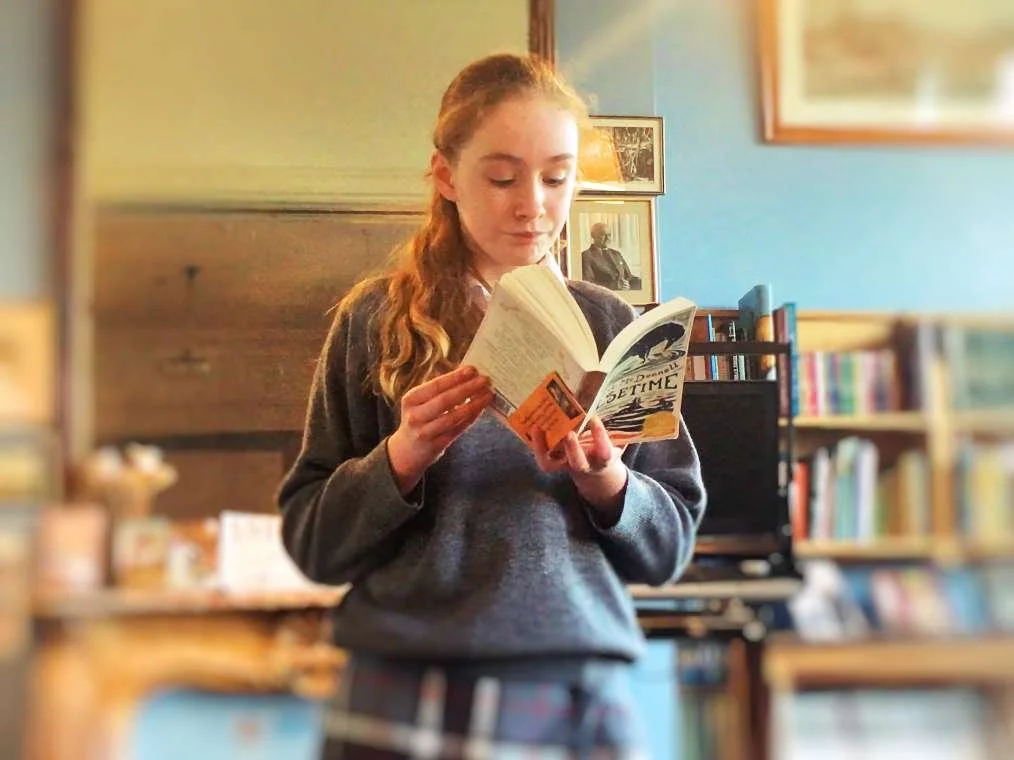














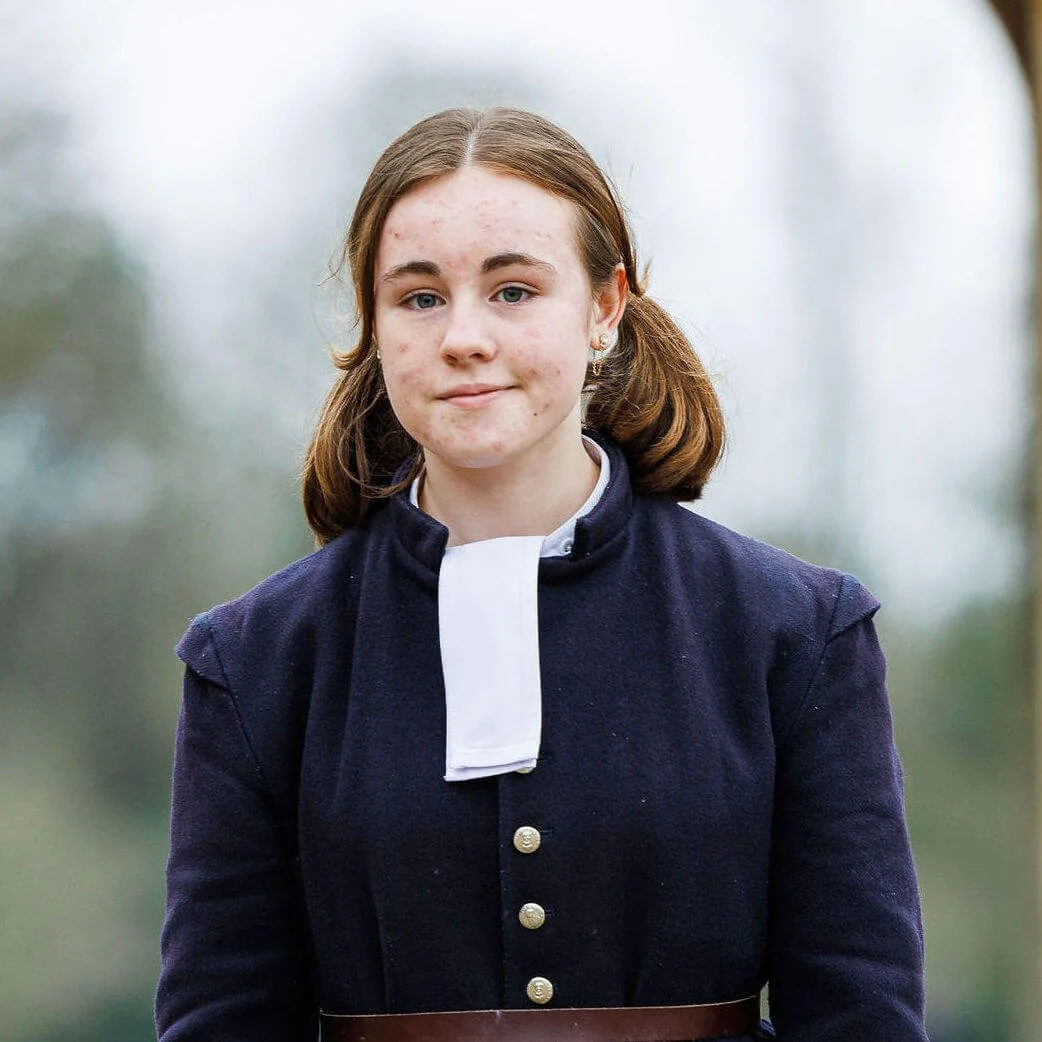
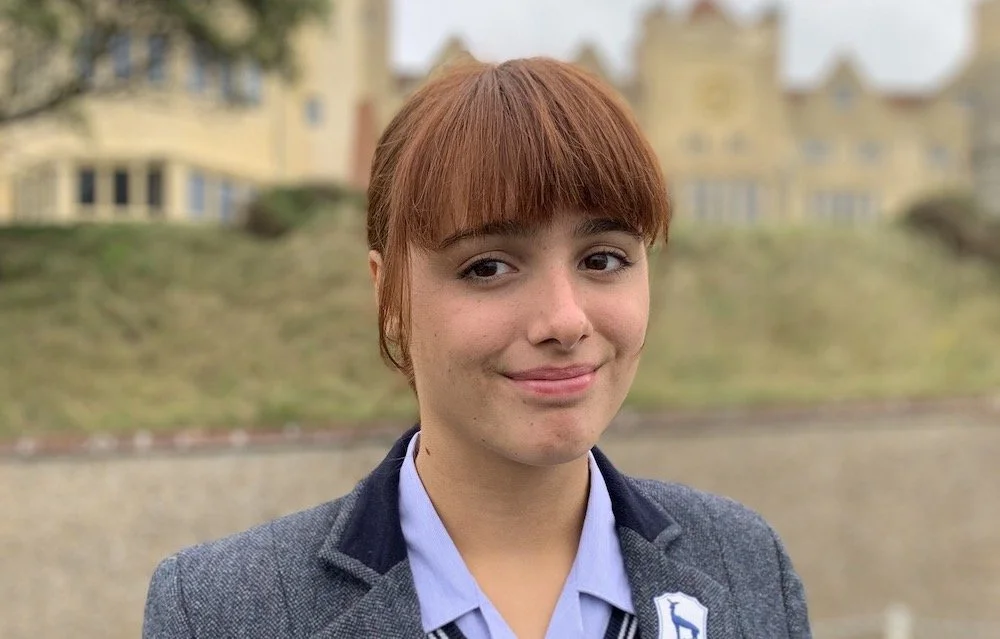


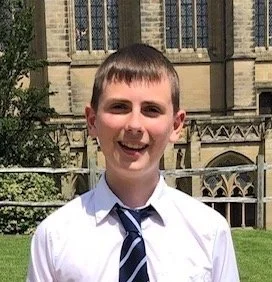

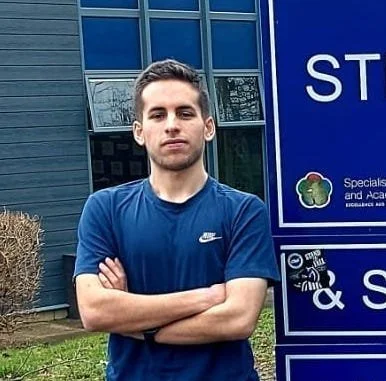






At Sompting Abbotts, we adopt a school-wide ethos that embodies our commitment to the environment. Its principles – 'Embrace Nature; Embrace Learning; Embrace Childhood' – are threaded through our teaching, influencing every child's journey from Pre-Prep to Upper Prep. Our 30-acre grounds and woodland in the South Downs National Park are at its roots.